Search
Search Results
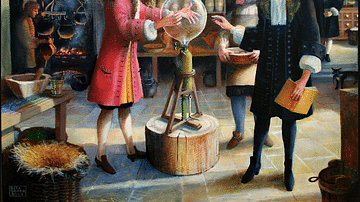
Definition
Scientific Method
The scientific method was first used during the Scientific Revolution (1500-1700). The method combined theoretical knowledge such as mathematics with practical experimentation using scientific instruments, results analysis and comparisons...
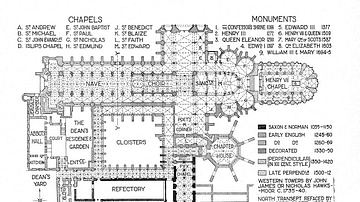
Image
Plan of Westminster Abbey
The architectural plan of Westminster Abbey, London, England. 1245-1517. Taken from: Fletcher, Banister. A History of Architecture on the Comparative Method. Sixth edition, rewritten and enlarged. New York: Charles Scribner's Sons...

Image
Hooke & Boyle Air Pump Experiment
An illustration titled The Scientists by Rita Greer showing the scientists Robert Hooke (1635-1703) and Robert Boyle (1627-1691) conducting an experiment with an air pump.

Video
Adriaen de Vries's Bronze Casting Technique: Direct Lost-Wax Method
Adriaen de Vries most often used a technique called "direct lost-wax casting." During the casting process, the wax of the original wax-and-clay model melts out, or is "lost," hence the technique's name. Because the model disappears, each...
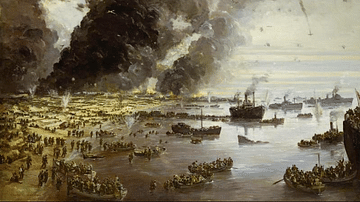
Definition
Dunkirk Evacuation
The Dunkirk Evacuation of 26 May to 4 June 1940, known as Operation Dynamo, was the attempt to save the British Expeditionary Force in France from total defeat by an advancing German army. Nearly 1,000 naval and civilian craft of all kinds...
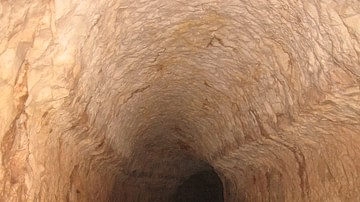
Article
Roman Tunnels
The first tunnels in the Mediterranean were built to transport water from distant springs and mountains to arid areas and cities. They also ensured the constant supply of water when cities were under siege. For example, the 533 m (583 yards...

Definition
Scientific Revolution
The Scientific Revolution (1500-1700), which occurred first in Europe before spreading worldwide, witnessed a new approach to knowledge gathering – the scientific method – which utilised new technologies like the telescope to observe, measure...
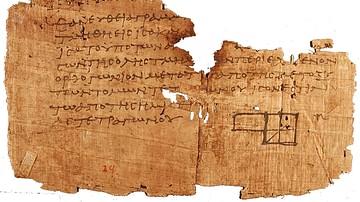
Definition
Ancient Greek Science
Ancient Greek science is a modern term for the application of systematic inquiry into the individual, the world, and the universe, which began in Ionia in the 6th century BCE with Thales of Miletus (l. c. 585 BCE) and continued through the...
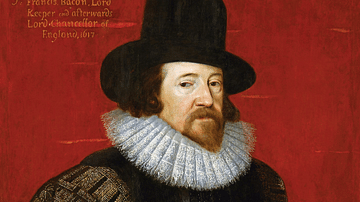
Definition
Francis Bacon
Francis Bacon (1561-1626) was an English philosopher, statesman, and author. Bacon is often considered one of the founders of modern scientific research and scientific method, even as "the father of modern science" since he proposed a new...
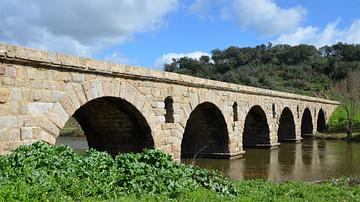
Definition
Roman Engineering
The Romans are known for their remarkable engineering feats, be they roads, bridges, tunnels, or their impressive aqueducts. Their constructions, many of them still standing, are a testament to their superior engineering skills and ingenuity...